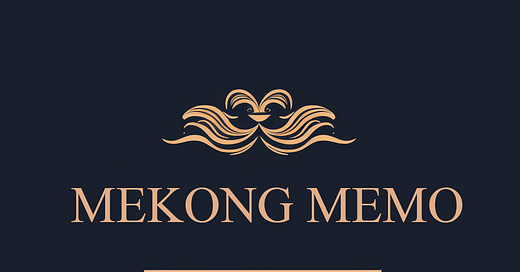Essential Vietnam Information for Business
Welcome to your comprehensive guide on Vietnam—an essential resource for businesspeople and decision-makers interested in engaging with one of Southeast Asia’s fastest-growing markets. This information will help you navigate the Vietnamese business landscape with confidence.
Understanding the Dong - Vietnam’s Cur…
Keep reading with a 7-day free trial
Subscribe to The Mekong Memo to keep reading this post and get 7 days of free access to the full post archives.


